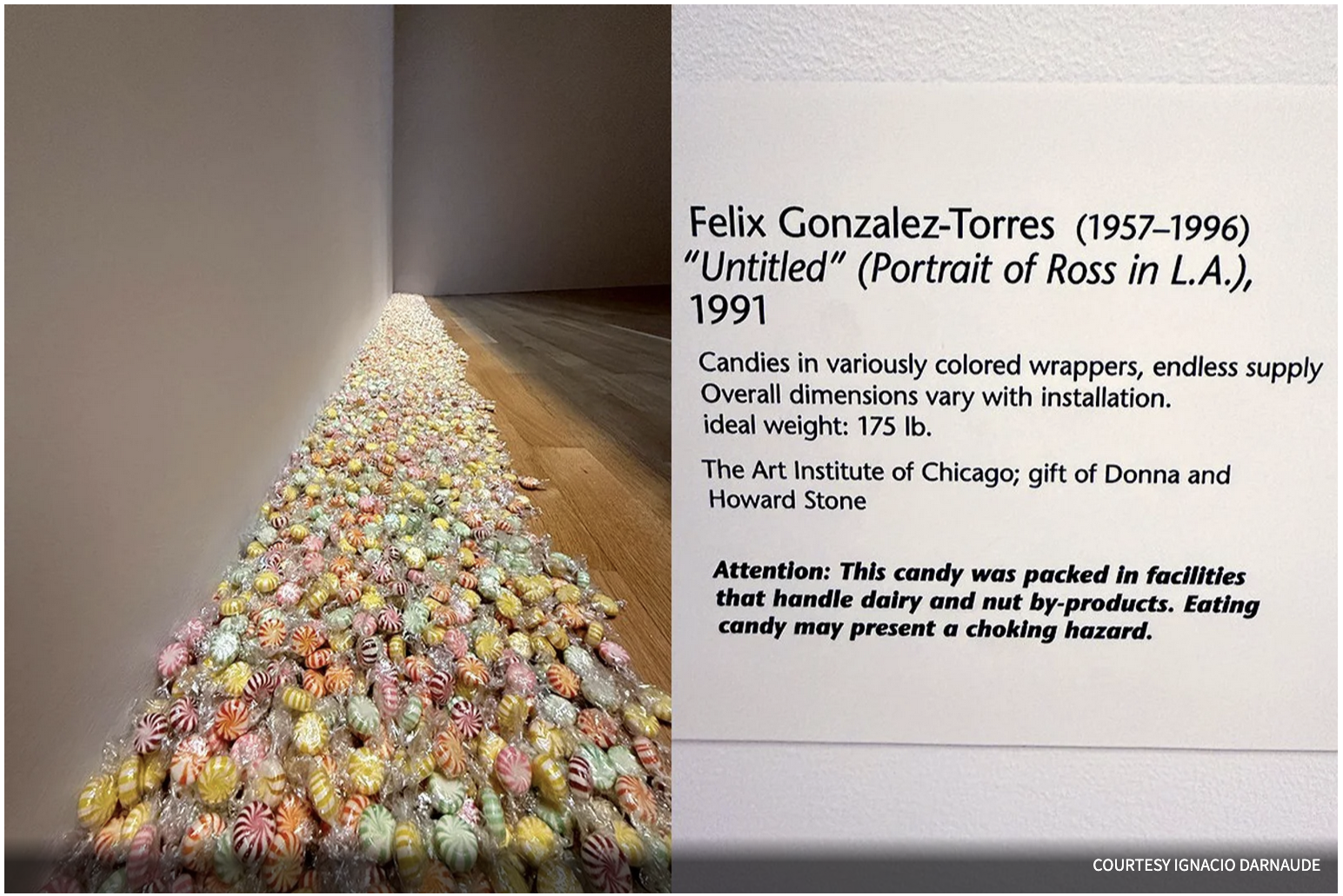History—A “working draft”
Apr 24, 2025
President Trump’s executive orders are systematically scrubbing marginalized histories from our national memory.
The pen is, indeed, mightier than the sword…
And it’s being wielded at the expense of our most vulnerable communities. DEI has been cast as the ultimate scapegoat—designed to convince Americans that true patriotism means abandoning diversity in favor of a “unifying” narrative.
Together, we bear witness to:
- Stonewall Monument Censored: All mentions of transgender people removed from the National Park Service website, rebranding the historical movement as “LGB.”
- Books Pulled in DoDEA Schools: The Department of Defense Education Activity demanded their 161 school librarians to relocate books mentioning slavery, civil rights, and Native American mistreatment to the “professional section” and halt cultural celebrations like Black History Month.
- NEH Chair Removed: Shelly Lowe, the first Native American to lead the National Endowment for the Humanities, has been ousted, further signaling a rollback of diversity in cultural leadership.
- Military History Haphazardly Purged: Over 26,000 images of women and minority contributions, including the Tuskegee Airmen removed, and DoD articles on the Navajo Code Talkers deleted—followed by an “oops” restoration.
When we erase people from our history we lose pieces of it, and we risk the complete erasure of the people themselves. This isn’t just about the history books.
PHOTOSHOPPING HISTORY
To gauge the climate of distrust we’re navigating, look no further than the comments section on NARA’s facebook page. Something as uneventful as a routine maintenance banner on the National Archives Catalog had our colleagues openly questioning the intentions of the very agency entrusted with safeguarding our historical records.

DOUBLE TAKE
If a picture is worth a thousand words, the stark contrast between these before and after images speaks volumes. The current erasure goes far beyond policy and historical records—it’s creeping into the arts, silencing voices that can no longer defend their truths.
A heartbreaking example is the recent gutting of Felix Gonzalez-Torres’s deeply personal tribute to his partner’s battle with AIDS at The Smithsonian. Once a profoundly emotional invitation for audiences to engage with a lived experience, the piece has been stripped of its context, reduced to nothing more than a lifeless display of sweets.
Perhaps this is a case of preemptive censorship by a pressured staff, bound by fear of defunding—but the damage is no less severe.
HOW YOU CAN SHOW UP
BEND—DON’T BREAK.
Our federally-employed peers are in a deeply unenviable position, forced to balance their professional ethics and personal convictions against directives that threaten the very collections they are sworn to protect. Walking away isn’t a simple choice when it could mean abandoning collections that may never be recovered.
I urge our community to stand with these colleagues—offering support in any way possible, whether it be a listening ear or simply reminding them that we see their struggle. Let them know you get it, and that their sacrifices to safeguard these priceless stories are not going unnoticed.
BE HISTORY’S EYES AND EARS
Protect Access to Historical Records
With federal websites and archives changing rapidly, the Organization of American Historians (OAH) is tracking threats to historical transparency through the Records at Risk Initiative. If you have insights on changes to historical records, please submit your findings here: Records at Risk Initiative. Not to mention the enduring work of the Internet Archive.
Preserve Disappearing Cultural Organizations
Recent Executive Orders have thrown cultural heritage institutions into upheaval, putting Diversity, Equity, and Inclusion (DEI) resources at risk. Historians Jessica BrodeFrank and Kas Tebbetts are compiling a working list of DEI programs, events, and pages that have been removed, or are in immediate danger of disappearing. Contribute to the list here.
Fight History Censorship
The National Council on Public History (NCPH), OAH, the American Historical Association (AHA), and countless others stand against government efforts to undermine historical integrity. Museums, archives, and online records are being altered, and crucial works like WWII Home Front Vol. 2 are being blocked. Read the statement and take action.
POWER IN NUMBERS
Join volunteer-run advocacy groups at the regional or national level. Professional organizations like the American Alliance of Museums (AAM) and National Council on Public History (NCPH), who are on the frontlines of the fight to protect historical records.
LAWYER UP
Advocacy is essential, but reversing damage of this scale will require legal pressure. Join, donate, or volunteer for organizations like the ACLU, who are holding this administration accountable.
This blog post content was originally included in our community newsletter: The Moment – where we respond quickly and thoughtfully to impactful events and decisions that challenge or disrupt our profession.
Stay connected with news and updates!
Join our mailing list to receive the latest news and updates from our team.
Don't worry, your information will not be shared.
We hate SPAM. We will never sell your information, for any reason.



